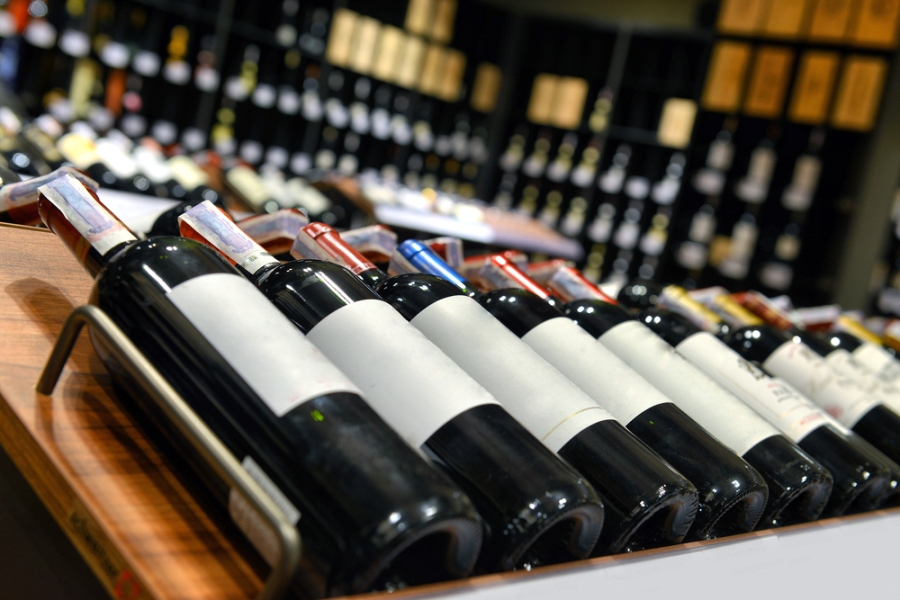It is a real shame to spoil good wine. Taking precautions and cellaring your wine correctly will ensure longevity and mature it to its full potential.
Also, that bottle that we do not finish at lunch or dinner can be saved to enjoy at another time. To prevent the wine from losing quality and expression, we give you a series of practical tips.
With a little care, the wine lover will not only extend the life of their wines that are waiting to be uncorked but will also keep those already open in ideal conditions. Just follow these tips.
Try Kennards Self Storage
Many Australians choose to cellar their wine with Kennards Self Storage, a storage solutions provider company in Australia and New Zealand. A remarkable solution for its customers with storage solutions for wine. Kennards offer wine cellars to store your precious wine collection. You can cellar as little as one case or as much as 100’s of cases.
Conservation Temperature between 11 and 18
The temperature in which the wine should be stored must be between 11º and 18ºC. An ideal temperature would be 14 ºC. If it is kept below 11 ºC the evolution of the wine is slowed down; at more than 18 ºC it accelerates. The essential thing is to avoid large fluctuations in temperature, which would damage the characteristics of the wine.
Avoid Sunlight and Away from Odors
Wine should not be exposed to sunlight. The lighting is sufficient to read the labels. A cool basement or storage room away from heating systems may be a suitable storage location. It is also important that the chosen place has good ventilation, that it is away from kitchen odors and, of course, chemical or cleaning products.
How to Store
If you are cellaring wine that is sealed with a cork the bottles must remain lying down so that the wine is in contact with the cork. This will not dry out and will avoid a hypothetical air leak inside the bottle. After opening it, however, it should be left standing. Thus, the surface of the wine in contact with air is less.
Once Opened, Sparkling Wines are the Most Vulnerable
Once the bottle is uncorked, the duration of the wine in perfect organoleptic conditions depends first of all on the wine itself. Red supports oxidation better than rosés and whites. The sparkling ones are the most volatile, being the most advisable to consume them during the day. The more fruitful the aromas of the wine are, the sooner they will be lost.
Plugs that Remove Oxygen
A small vacuum pump and its corresponding caps are an economical and useful accessory. By extracting oxygen from the bottle, we extend the life of the wine in optimal conditions for quite a few days, especially if it is red. Whites will tend to lose some aromas despite this, and this method is not recommended for sparkling wines.
In the Fridge, Keep Open Bottles
We will always keep the open bottle in the fridge. As in the case of any other food, refrigeration also contributes to the preservation of wine.
